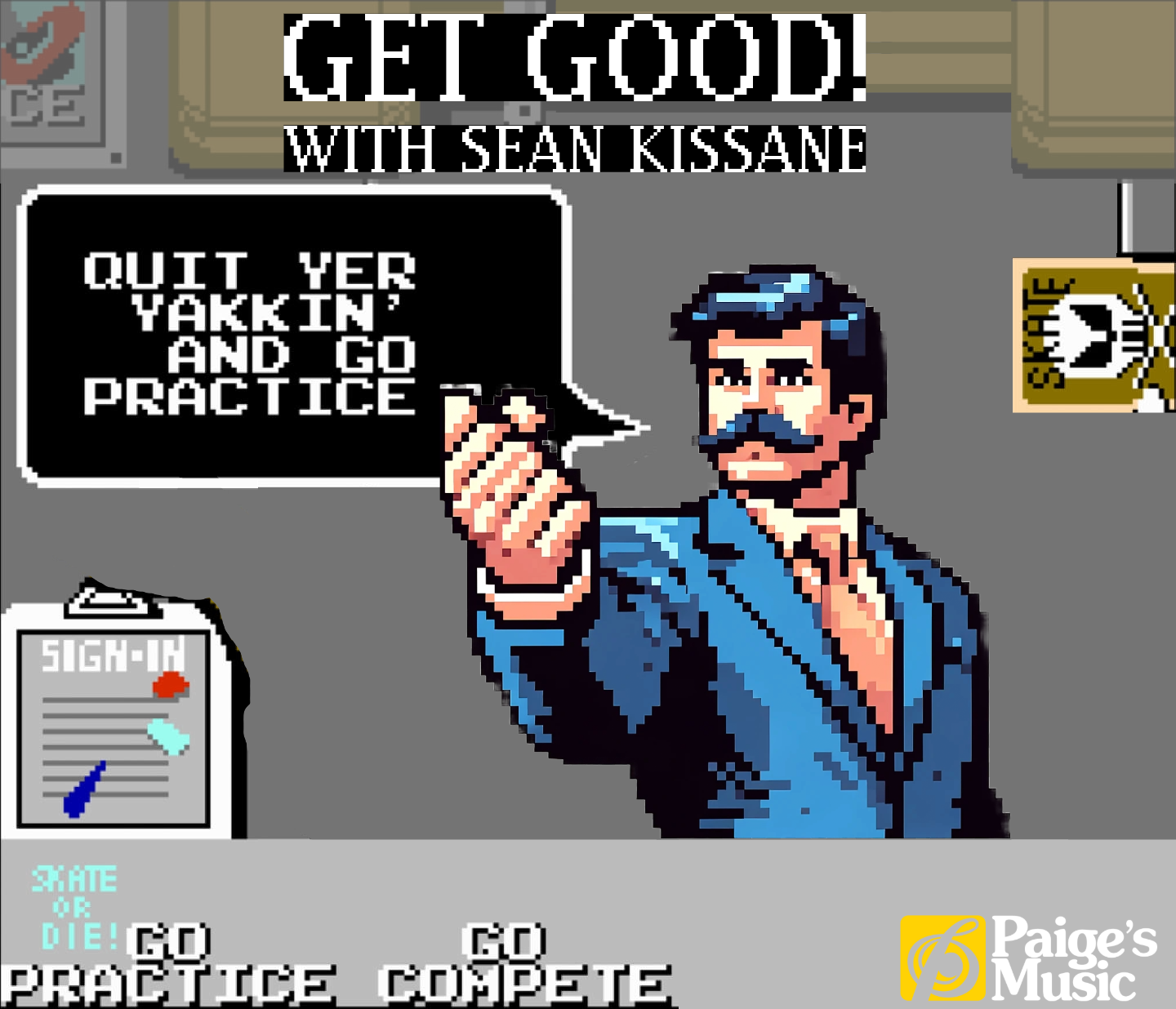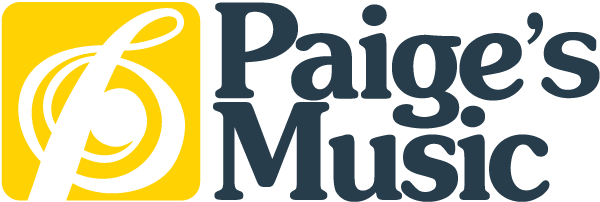4 Effective Practice Tips Your Music Teacher Wants You To Know!

Thank you Sean for the Thumbnail idea! To see the inspiration, click here
Mastering an instrument requires dedication, but not all practice sessions are created equal. Discover effective strategies to make your music practice more efficient and enjoyable, from setting precise goals to minimizing distractions. Whether you’re a beginner or an experienced musician, these tips can help you overcome common challenges and make the most of your practice time.
Have a Goal for Every Practice Session – AND BE SPECIFIC!
When we set goals, we tend to think in a broad sense – “I want to have this piece mastered the week before contest,” or “I want to hit a double-high G by the end of the year.” These types of goals are great for measuring long-term success, but I find it’s important to have a goal for every single practice session. “Today I’m going to get these 12 measures absolutely perfect,” or “I want to figure out where all my breaths are going to be in this piece and get used to breathing in those spots consistently.” These micro-goals help us focus during practice AND make the bigger, longer-term goals less intimidating because they help us plan and measure progress more methodically.
Eliminate Distractions for Focused Practice
Getting rid of anything that can possibly distract you from the task at hand is supremely important. That might mean getting all your tasks (chores, homework, dinner, etc.) out of the way before you practice. It might mean finding a quiet room of your house where you can close the door so people or pets won’t be walking through every few minutes. It also might mean that you have to… (cue dramatic horror movie music hit) leave your phone in another room?! (Gasp!) I know, it’s a scary though. But trust me – an undistracted practice session is a productive practice session.
Recognize When to End Your Practice Session
Learning to know when to end the practice session is something musicians don’t talk about enough. Often, especially for beginners, the amount of practicing you do is ruled by time. “How many minutes per day do I need to practice? How many hours per week will get me to the level I want to be at?” And so on.
Putting in the time is important, yes, absolutely – especially for developing things like stamina. But it’s just one piece of the practice puzzle. We also need to listen to the cues our bodies give us. Are your lips puffy and numb? It’s time to put the horn away for now. Just like any type of athletic training, your muscles need down time to rebuild themselves and get stronger. Have you lost mental focus? It might be time to step away and come back later after a recharge, otherwise you’re not going to retain much of what you’re trying to get out of your practice session.
Establishing a Consistent Practice Routine
This is a big one for consistency. If you set a specific time and place each day for your practice sessions, it will start to become a habit. Habits, once formed, are tough to break – Imagine, though, if practicing was a habit that was that hard to break! Planning out your time and place, and sticking to that, will get you into the practice habit, and you’ll start to notice that maybe practicing is more fun than you used to think!
Conclusion
Incorporating these effective music practice tips into your routine can transform your playing and make practicing something you look forward to. Remember, the goal is not just to practice, but to practice well. We invite you to share your experiences and favorite practice hacks in the comments below. Let’s learn from each other and grow as musicians together.
What works best for you?
What’s your go-to strategy for an efficient practice session? Have any of these tips changed how you approach practicing? Share your thoughts and experiences in the comments, and let’s build a community of motivated musicians!

No Comments